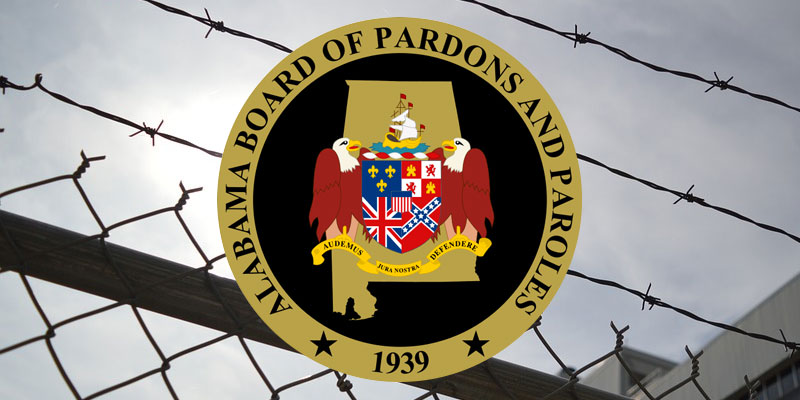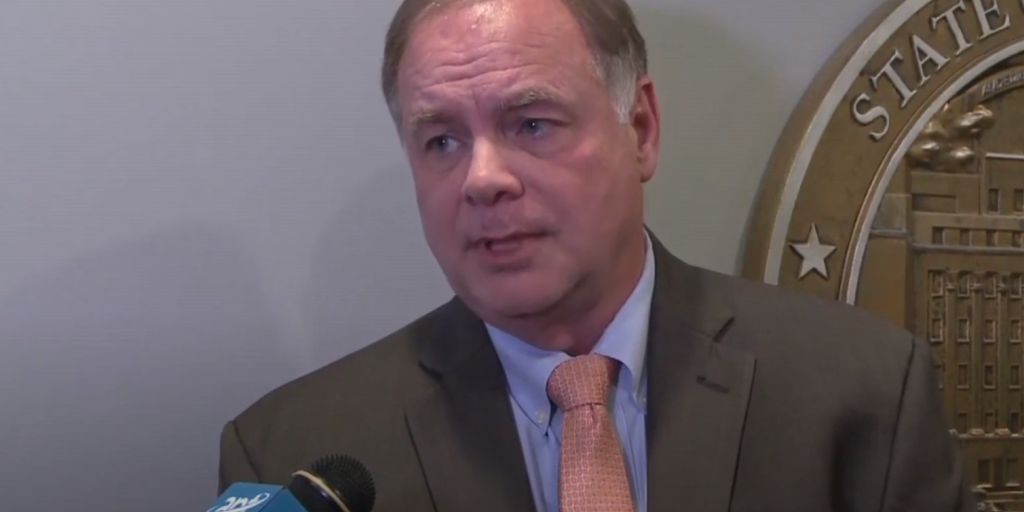The Alabama Senate Judiciary Committee has approved legislation that would significantly restructure the Alabama Board of Pardons and Paroles, a move prompted by lawmakers’ concerns about the board’s transparency and compliance with state guidelines.
SB324, sponsored by State Sen. Clyde Chambliss (R-Prattville) passed the committee on an 8-3 vote.
The proposal would expand the board from three to five members, require Senate confirmation of all board appointments, and allow the board itself, rather than the governor, to select its chairperson.
Chambliss, who chairs the legislature’s Joint Prison Oversight Committee, said frustration with the board began after a series of meetings in 2024 where parole board members failed to adequately respond to questions about their operations. He stated that the board had delayed responses for months and had not updated its parole guidelines as required by law.
Chambliss noted that the board is several years behind in reviewing its parole guidelines, a process mandated to occur every three years. He said oversight efforts were only successful after the Attorney General’s Office became involved earlier this year.
“If we’re going to have oversight committees, we need to be responded to directly, without delay,” Chambliss told the committee.
“To me, this is probably the most important thing. The chair needs to be working with the board in conjunction with the board, not given this position and it doesn’t matter what anyone else on the board says,” he said.
While the parole grant rate has drawn public criticism, Chambliss emphasized that his focus is on compliance with the board’s own guidelines, not the overall number of paroles granted. The board ended fiscal year 2024 with a 20% average parole grant rate, the highest since 2019.
However, Chambliss said the board’s conformance to its own guidelines is similarly only about 20%, compared to a recommended 80% grant rate.
Under SB324, new timelines would also be established for reconsidering parole after denial:
-
Nonviolent offenses (with a sentence of 20 years or less): Reconsideration is available within 2 years.
-
Life sentences for violent Class A felonies: reconsideration within 10 years.
-
Medical parole cases: reconsideration within 180 days.
-
All other cases: reconsideration within 5 years.
The bill received no public hearing before the committee vote, and representatives of the Board of Pardons and Paroles did not address the committee during Wednesday’s meeting.
Gov. Kay Ivey, who appointed current board chair Leigh Gwathney in 2019, has stated that public safety remains her top priority during the current legislative session. A spokesperson said the governor will review all legislation that reaches her desk with that priority in mind.
While several lawmakers supported the bill as a necessary accountability measure, others expressed concerns about its potential long-term impact. State Sen. April Weaver (R-Brierfield) voted against SB324, citing concerns that the changes could lead to a more lenient board. State Sen. Lance Bell (R-Riverside) also voted no, suggesting broader reforms for multiple state agencies may be necessary in future sessions.
The bill now heads to the full Senate for consideration, with just eight legislative days remaining in the session.
A video of the meeting is available for viewing here.
Sherri Blevins is a writer for Mountain Valley News and a staff writer for Yellowhammer News. You may contact her at [email protected].











